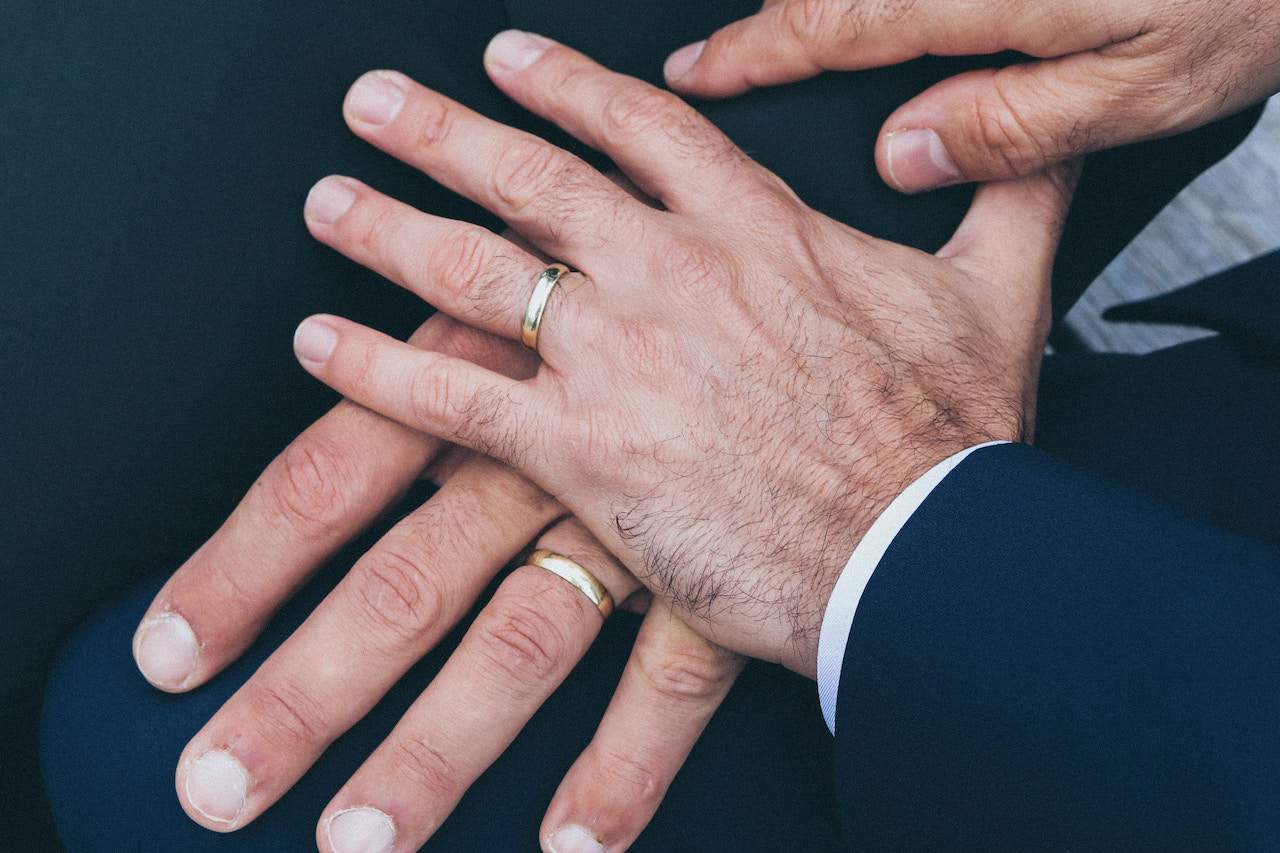Australians Say ‘Yes’ to Same-sex Marriage: What Happened and What’s Next
As you’re probably well aware, Australians voted to legalise same-sex marriage in the voluntary postal survey, by a large margin—61.6% for to 38.4% against. And almost 80% of eligible voters participated, so this result has more weight than most global elections.
Among all age groups, participation exceeded 70%, including younger voters. The ABS reported that almost 80% of 18- and 19-year-olds voted. The lowest turnout (71.9%) was of 25- to 29-year-olds. Every state and territory replied “yes” with over 60%—except NSW, where the “yes” vote was 57.8% and the “no” vote was 42.2%. The highest “yes” vote in the country (74 %) came from the ACT, followed by Victoria at 64.9%. Inner-city Sydney saw one of the highest “yes” votes in the country—80.8%.
The Turnbull government must now change existing law before Christmas to allow same-sex couples to marry—and this comes after years of political stalling and grandstanding. Australia will join 25 other countries in granting marriage equality to gay couples. The UK, the US, Canada, and New Zealand are some of the larger nations that have legalised already.
Australian ‘yes’ voters celebrate across the country
The response across the country has been intense. LBGT Australians cheered and celebrated as the results were read. Alex Greenwich, co-chair of the Equality Campaign, said, “Getting to this point has not been easy, but rarely in your life can you celebrate with such pride overcoming adversity to make history.” He added that the result had delivered “an unequivocal mandate” for Parliament to vote through the change by the end of the year.
The verdict went beyond the hopes of many “yes” advocates in the government, who were expecting a figure of 55 to 60%. It almost reached the 62% of the 2015 Irish referendum on same-sex marriage. This is a big moment for Australia’s civil rights record, which has been mixed at best. While we gave women the vote very early (compared to other countries), we’re one of the last English-speaking democracies to legalise same-sex marriage and our track record with Indigenous reconciliation is poor.
Politicians speak out
PM Turnbull, who spoke shortly after the results were read, heralded the “overwhelming” support Australians had expressed for same-sex marriage: “They voted ‘yes’ for fairness, they voted ‘yes’ for commitment, they voted ‘yes’ for love,” he said. “It is unequivocal, it is overwhelming. And now it is up to us, here in the Parliament of Australia, to get on with it – to get on with the job the Australian people have tasked us to do, and get this done this year, before Christmas. That must be our commitment.”
Other politicians also voiced their support. Penny Wong, a gay Labor member who challenged her own party to change its stance on same-sex marriage, was embraced by her colleagues as they the results were announced in Parliament House. She then thanked Australians for their “resounding” verdict and talked about how difficult the public vote had been for the LGBTI community. “I hope from this you can take a message of solidarity, of support, of decency from your fellow Australians,” Senator Wong said.
Another gay senator, Liberal Dean Smith (who spearheaded action for same-sex marriage within the Coalition but was against the public vote), called it “the most important electoral mandate” Australia had ever witnessed. “This is by any and every measure a huge democratic achievement for our country,” he said. “I have never been more proud to stand up and represent Australian people than I was this morning when I listened to that result.”
And Opposition Leader Bill Shorten said to a jubilant crowd in Melbourne, “[the verdict was] not just good for marriage equality” but showed “Australians have voted for a generous view of themselves, for a modern Australia, where diversity is accepted, supported and respected. Today we celebrate, tomorrow we legislate.”
But the news wasn’t so well received by all. The leader of the “no” campaign, Australian Christian Lobby director Lyle Shelton, conceded defeat but said, “In a democracy, no question is ever completely closed”. He still hopes to one day change Australians’ minds and redefine marriage as being between a man and a woman. “There may be a time in the future when we can persuade our fellow Australians to that position once again,” Mr Shelton said, demonstrating that some politicians don’t know how to gracefully bow out.
And so debate inside and outside Parliament will now move beyond the rhetoric of same-sex marriage to the legislation that enacts the change. A bill by Senator Smith and endorsed by Mr Turnbull will be placed before the Senate this week. A fierce back and forth is predicted over religious exemptions in the coming parliamentary calendar. Turnbull said he expected a “very lively debate” that would showcase “Parliament at its best” (or worst, depending on how you feel about government debates).
Conclusion
Ultimately, I think this outcome is a wonderful result for the fairness, equality, and empowerment of all Australians. If the same-sex marriage result supports more couples in creating safe, secure, and long-term relationships, that’s a great thing for any community.
Usisahau kushare post hii. Share facebook, twitter, Google+ n.k bila kusahau WhatsApp! Share kote wenzio nao wasome
Australians Say ‘Yes’ to Same-sex Marriage: What Happened and What’s Next
![Australians Say ‘Yes’ to Same-sex Marriage: What Happened and What’s Next]() Reviewed by Love Psychologist
on
April 09, 2019
Rating:
Reviewed by Love Psychologist
on
April 09, 2019
Rating:





No comments: